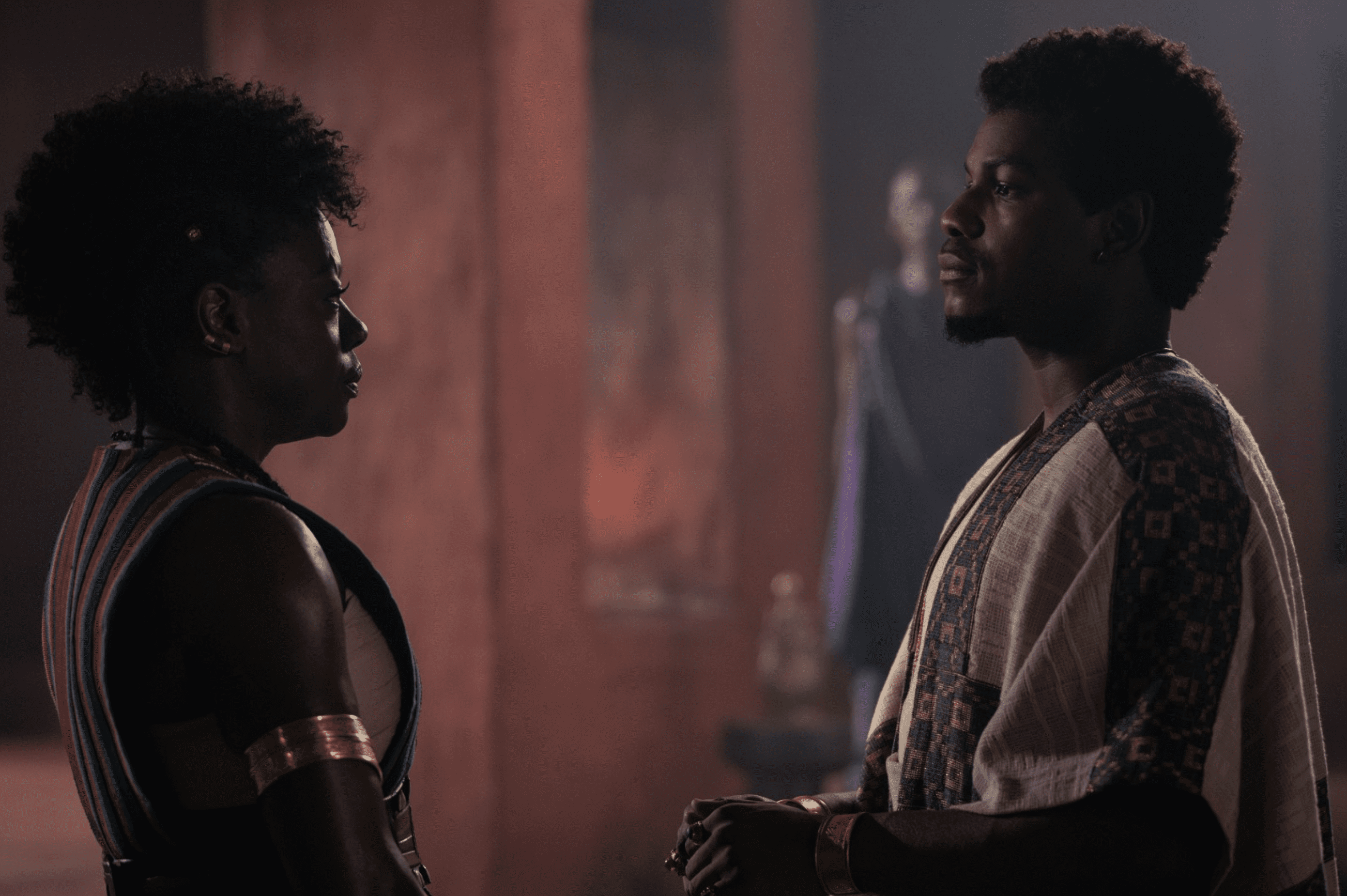When Hollywood tells a story about Africa, controversies burst forth. It could be about the historical fumbles of the movie or why actors who are not ‘originally’ from the African continent should or should not tell ‘African stories.’
And The Woman King is no exception.
Directed by Gina Prince-Bythewood and written by Dana Stevens, based on a story she wrote with Maria Bello, the Woman King, a 2022 American historical epic film, follows the story of the Agojie—the all-female warrior unit that protected the West African kingdom of Dahomey, now known as the Republic of Benin, during the 1820s.
However, the movie has been criticized for concealing Dahomey’s participation in the dehumanizing transatlantic slave trade between 1715 and 1850 and suggesting that Dahomey was, in fact, an anti-slavery kingdom, when it certainly was not.
The movie also portrays the Agojie as freedom fighters, when in reality, they were just ordinary soldiers who captured and sold slaves.
Criticisms of the film have flooded social media, especially Twitter. Some even had the effrontery to call for a total ban on the movie.
Yes! The criticisms make sense. The movie is deeply flawed, and people should stop making a business out of telling twisted African narratives, but the question is: should we, because of the aforementioned reasons, cancel The Woman King?
Prior to the release of the movie, I had never heard of the Agojie. I did not even know that sometime back in West Africa, where I come from, there was an all-female military regiment that once fought wars and waged battles. Though the role they played in the slave trade is worthy of condemnation, I never even imagined that African women were warriors.
The stories I read about precolonial African women at the time portrayed them to be mere submissive housewives and properties of pleasure. I was never introduced to anything remarkable about them.
Interestingly, I only learned about Dahomey in secondary school when I was told it was just a name given to the present Republic of Benin. There was indeed a critical lack of in-depth knowledge about Africa in all the lessons I received about the continent in school.
And come to think of it, I never attended a history class because there was nothing like a history subject when I was in secondary school.
[perfectpullquote align=”right” bordertop=”false” cite=”” link=”” color=”” class=”” size=””]If we want ‘strangers’ to stop pushing false and damnable narratives about our continent we must learn to tell our stories by ourselves.[/perfectpullquote]
If it had to take Hollywood to bring to light the history — although flawed — of my people, then I should appreciate the controversies the movie raises.
I love the controversies and the questions the movie has raised. I love the fact that it is reawakening the consciousness of young Africans to learn how to separate fact from fiction in relating to the history of their ancestors.
However, the growing anger and frustration should not die on Twitter. This should prompt the various indigenous movie industries in Africa to create stories that will truly reflect the real image of our precolonial times. Rather than waiting for Hollywood to tell our stories, why can we not tell our stories by ourselves?
We should stop having in-depth discussions about Christopher Columbus, the Italian explorer who allegedly ‘discovered’ a continent that was not hidden, or Mungo Park — the young man who was said to have found a river that was never lost, and start amplifying our history in our primary and secondary schools.
We should amplify stories about powerful ancient civilizations which once flourished throughout the continent — the prehistoric Land of Punt and the kingdoms of Aksum and Nubia in northeast Africa; the West African empires of the Ashanti, Mali, and the Songhai; and the Kingdom of Zimbabwe.
We should produce comic books and cartoons telling of Ana Nzinga, queen of Ndongo; Kongo prophet Dona Beatriz; Queen Amina, and others.
If we want ‘strangers’ to stop pushing false and damnable narratives about our continent we must learn to tell our stories by ourselves.
So should we cancel The Woman King? I agree with Dominique Somda, a junior research fellow at the Institute for Humanities in Africa in Cape Town who wrote the following:
“The Woman King should be seen. For its spectacular celebration of the Agoodjies’ strength and its invitation to explore their meaningful, public, and intimate lives. And also for — rather than despite — the political and ethical conundrums it occasions. It is, however, best viewed with an awareness of its extensive alterations.”
Promise Eze is an African Liberty contributor.

